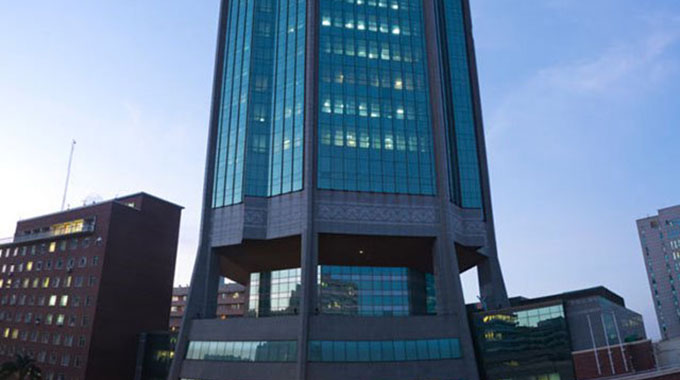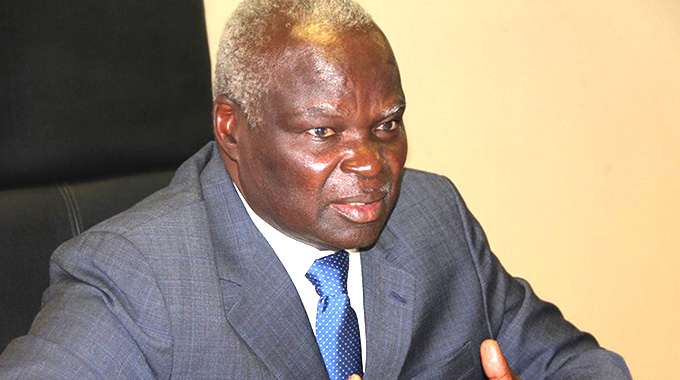Exports, forex reserves impressive: RBZ

Golden Sibanda
Senior Business Reporter
THE exponential rise in foreign currency account (FCA) holdings to US$1,1 billion and strong export performance this year are evidence that the economy is now on sound footing for sustained recovery and growth.
This was said by Reserve Bank of Zimbabwe (RBZ) governor Dr John Mangudya in an interview yesterday, pointing out that forex receipts went up by 18,2 percent to US$5,8 billion in the 12 months to November 2020.
Dr Mangudya attributed the significant growth in foreign currency nostro balances to improvement in exports, increase in Diaspora inflows and a better business operating environment.
He said the US$1,1 billion nostro account holdings, which belong to individuals and private entities were a national reserve from which the economy can tap into on a regular basis to fund production and imports.
Official statistics show that the present nostro balances in the banking sector are the highest the country has held post dollarisation.
The positive developments in the economy come on the back of successes that have been recorded by the Government under the Transitional Stabilisation Programme (TSP).
These include elimination of Budget and current account deficits, reintroduction of stable local currency (exchange rate stability), falling inflation, investment in key infrastructure, economic reforms and global re-engagement.
After managing to stabilise the economy, the Government is now looking to build on the strong foundation which has been laid during TSP, through a series of interventions during the National Development Strategy (NDS1 2020/21).
“The money is foreign currency that is in the country and there to liquefy the economy. This is where the 30 percent surrender requirement for corporate and the 20 percent domestic deposits by retailers used for the auction comes from.
“The higher the holdings the better for the foreign currency auction system to sustain production and productivity, which stabilises the exchange rate, prices and inflation, which is good for the consumer, investors and everyone,” he said.
Zimbabwe introduced a Dutch foreign currency auction system in June this year, to replace the interbank that was in place until March this year, and temporarily displaced by a fixed rate regime resulting in exchange rate stability.
“The banking sector foreign currency deposits stand at US$1,1 billion and this reflects holdings for Zimbabwean individuals and entities and the money is derived from exports, Diaspora remittances, loans and other sources.
“We have seen significant improvement in foreign currency holdings. If you look closely you see that exports have gone up and as at November 30,2020, exports had gone up 18,2 percent compared to 2019 from US$4,9 billion to US$5,8 billion.
Bankers Association of Zimbabwe president and Standard Chartered Bank Zimbabwe chief executive Ralph Watungwa said there were many drivers to growth in the nostro holdings.
“There are many drivers; exports have gone up, Diaspora remittances have increased as well, by as much as one and half times and the bank customers are keeping these in their foreign currency accounts,” he said.
Mr Watungwa noted that there was declining exports in key imports such as wheat, as local production kicks in, which has and will continue to reduce the amount of foreign currency the country loses to imports.
Eddie Cross, a member of the RBZ monetary policy committee said there were a number of positive developments in the economy, which demonstrate that the domestic economy is fast getting out of the woods.
“It has been my view for some time now that the average Zimbabwean has not grasped the extent to which the ground under our feet has changed. Two years ago we had a grossly overvalued currency; we were running a massive Budget deficit even though we were already in default as a country on our debts. We were importing over 70 percent of our food and 95 percent of what you saw in a supermarket was imported.











Comments